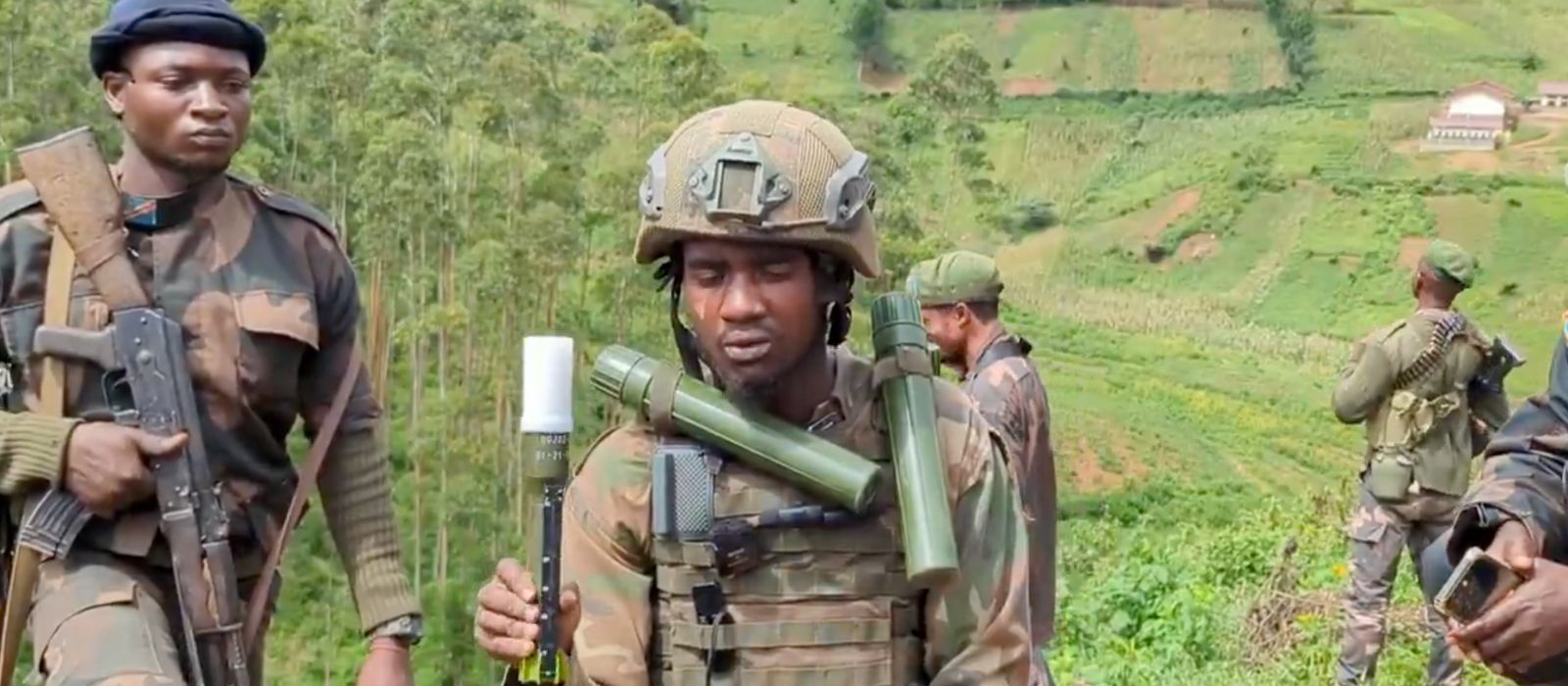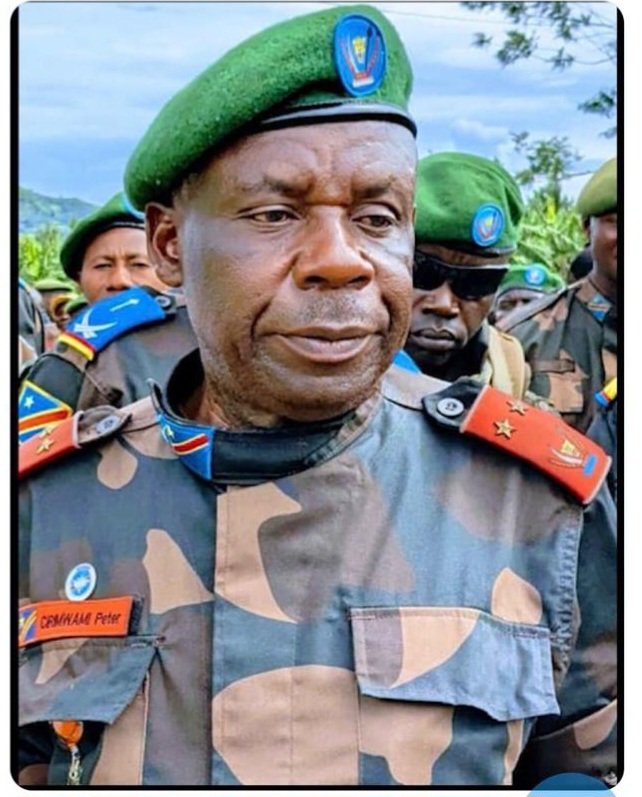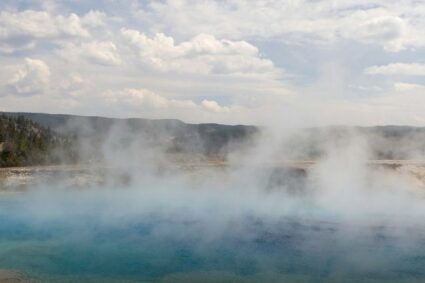
In a recent development, the M23 rebel group has seized control of the strategic town of Minova in the Democratic Republic of Congo (DRC). This move has significant implications for the region, which is already grappling with a complex web of conflicts and humanitarian crisis.
The M23 rebels, allegedly backed by Rwanda, have been making gains in the mineral-rich North Kivu province, capturing key territories and displacing thousands of people. The group is one of roughly 100 armed groups vying for control in the eastern DRC, where the ongoing conflict has displaced over seven million people, creating one of the world’s largest humanitarian crisis.
Major General, Peter Cirimwami, the military governor of North Kivu province in the Democratic Republic of the Congo died from injuries sustained during fighting on the front line with the M23 rebels.
The capture of Minova is a significant blow to the DRC government, which has been struggling to maintain control over the region. The town’s strategic location offers a vital link to the city of Goma, making it a crucial prize for the rebels. Minova is also a key hub for trade and commerce, providing access to the region’s rich mineral resources.
Sources claim that the rebels launched a surprise attack on the town, overpowering the government forces stationed there. The attack resulted in the displacement of thousands of civilians, who fled to nearby villages and towns in search of safety.
The international community has expressed concern over the escalating conflict, with many calling for a peaceful resolution to the crisis. United Nations also condemned the violence and called on all parties to respect human rights and international humanitarian law.
In addition, the African Union also weighed in, urging the DRC government and the M23 rebels to engage in dialogue and find a peaceful solution to the conflict. The European Union has imposed sanctions on several individuals and entities accused of fueling the conflict, including the M23 rebels.
Despite these efforts, the situation on the ground remains tense, with fears of further violence and instability in the region. The DRC government has vowed to retake the town, but the rebels appear to be well-entrenched, and it is unclear when or if the government will be able to regain control.
As the situation continues to unfold, one thing is clear: the people of the DRC are bearing the brunt of the conflict, with thousands displaced and many more affected by the violence. It is imperative that the international community comes together to support a peaceful resolution to the crisis and provide humanitarian aid to those affected.



